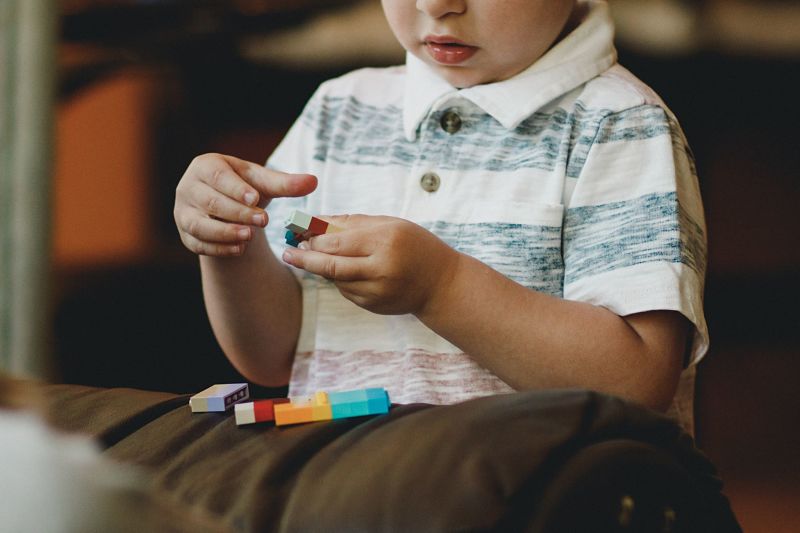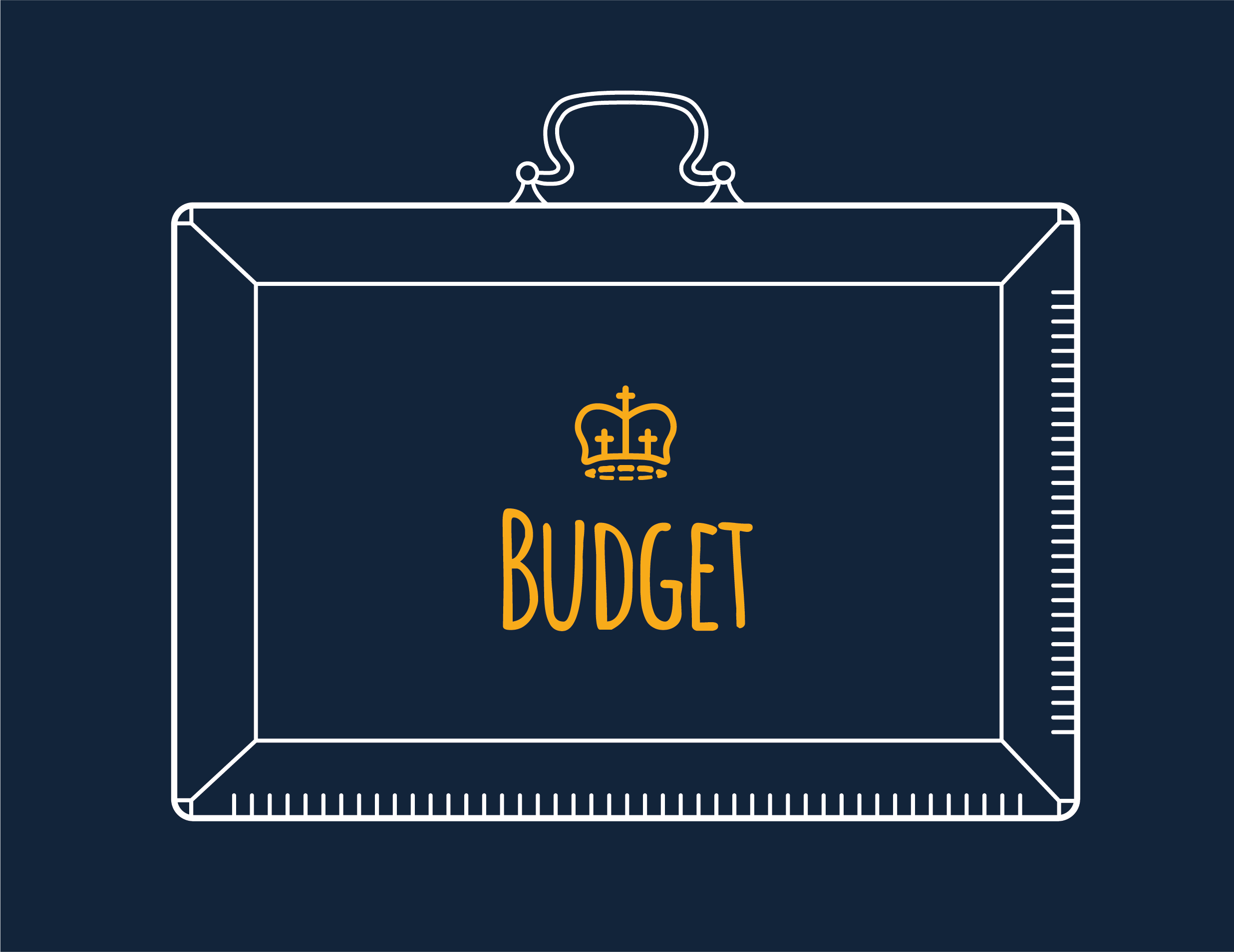
The odd sniffle and cold, a bout of chickenpox or the dreaded diarrhoea and vomiting, all cause parents anguish, games of hot potato over childcare, and scuppered routines making juggling family life just that little bit more difficult. However, they are all relatively short-lived, and life goes back to normal fairly quickly.
Unfortunately, for some families, childhood illnesses can be considerably more serious and cause considerably greater disruption to family life and bring with them financial implications. It’s a tough subject to consider, but one which all parents of dependent children need to give a little thought. Hopefully, of course, it will prove unnecessary. But for those who do find themselves facing the difficult circumstances of severe childhood illnesses in their family, knowing it’s been prepared for in advance, will help enormously.
The Impact of Childhood Illness
Around one child in every 500 will develop a type of cancer by the time they are 14 years old. While this is heart-breaking, it is comforting that the average 5-year survival rate, across all childhood cancer types, is 82%. This means that behind the statistics are many families caring for a child with a serious illness, and managing all of the additional difficulties that brings.
The impact on families of a child having a disease such as cancer is tremendous and far-reaching. 63% of parents have been reported as battling depression during their child’s cancer treatment. Siblings are affected adding to the parental burden and anxiety. And then there is the very real, and heart-breaking, financial cost.
It is shocking to realise that parents who have a child undergoing active cancer treatment spend an average of £600 per month in additional expenses. Typically, these expenses include travel costs, additional food, and much-needed toys and treats. These additional expenses come at a time when earning capacity is also impacted, and therefore there’s even less cash in the pot to cover them. Indeed, 19% of parents who were employed at the time of their child’s cancer diagnosis took more than 12 months unpaid leave from work. Furthermore, 61% of parents went into debt as a result of the cancer. These financial concerns can only add to the burden and toll that managing a serious illness in your child brings.
The Hard Question
The hard question we, as parents, therefore need to ask ourselves is: can we afford for our child to be seriously ill? It’s a terrible question to ask, but by considering the implications on a ‘what if’, the impact on you and your family can be reduced.
There are various charities, such as The Rainbow Trust, the Make a Wish Foundation, and CLIC Sargent, who are there to help emotionally, practically, and financially when parents are facing the worst and most worrying time of their lives.
A representative at CLIC Sargent said “CLIC Sargent will fight tirelessly for children and young people with cancer, often when they feel they can’t. We do this individually, locally and nationally, so that they can focus on the important things, like getting well. And if the worst happens, we will work with bereaved families to get them support, to help them cope with their emotional pain.”
“Childhood cancer plunges families into debt. We don’t think this is right or fair. In fact, CLIC Sargent’s latest research shows that families spend on average £600 a month extra during their child’s active cancer treatment. CLIC Sargent provides grants and financial support to help families deal with the costs of cancer.”
However, the charity has limited resources, and families still struggle. Therefore, it may be a good idea to take extra measures, of course hoping you never need it. When considering your financial planning, you should spare a thought for ensuring you make sure you have adequate income to cover your expenses.
To speak to one of our member services team about making sensible financial plans for the future, call us on 0800 526 249.


